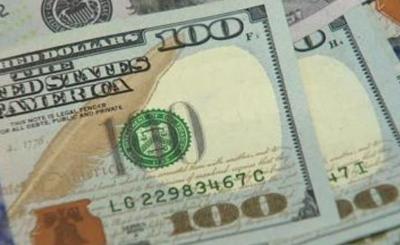ILLINOIS (WAND) - Illinois will get $4.9 billion in state and local stabilization funds from the Coronavirus Relief Fund established by the Coronavirus Aid, Relief, and Economic Security (CARES) Act.
The funds are meant to help offset the increased costs state and local governments are facing from the COVID-19 pandemic.
“I’m glad the Senate was able to come together on a bipartisan basis to pass the CARES Act, which among its many purposes, will provide funding to help our state and local governments on the frontlines of the pandemic,” U.S. Senator Dick Durbin said. “But more funding is needed for Illinois and its localities, who are suffering from a significant loss in tax revenue. Senator Duckworth and I will continue to ensure that communities from every corner of our state will receive much-needed relief.”
“The funding authorized by the bipartisan CARES Act stimulus is a good first step in helping state and local governments across Illinois that are hardest hit by this public health and economic crisis,” U.S. Senator Tammy Duckworth said. “I’ll keep working with Senator Durbin to ensure more federal resources are allocated to help Illinoisans during this pandemic.”
The CARES Act’s Coronavirus Relief Fund lets state and local governments with more than 500,000 residents apply directly to the Treasury Department for cash infusions.
The following Illinois governments will receive funding:
- The City of Chicago
- Cook County
- DuPage County
- Lake County
- Kane County
- Will County
All other localities can access these funds through the state.
The CARES Act requires that the payments from the Coronavirus Relief Fund only be used to cover expenses that:
(1) are necessary expenditures incurred due to the public health emergency with respect to the COVID-19 pandemic
(2) were not accounted for in the budget most recently approved as of March 27, 2020 (the date of enactment of the CARES Act) for the State or government; and
(3) were incurred during the period that begins on March 1, 2020, and ends on December 30, 2020.

